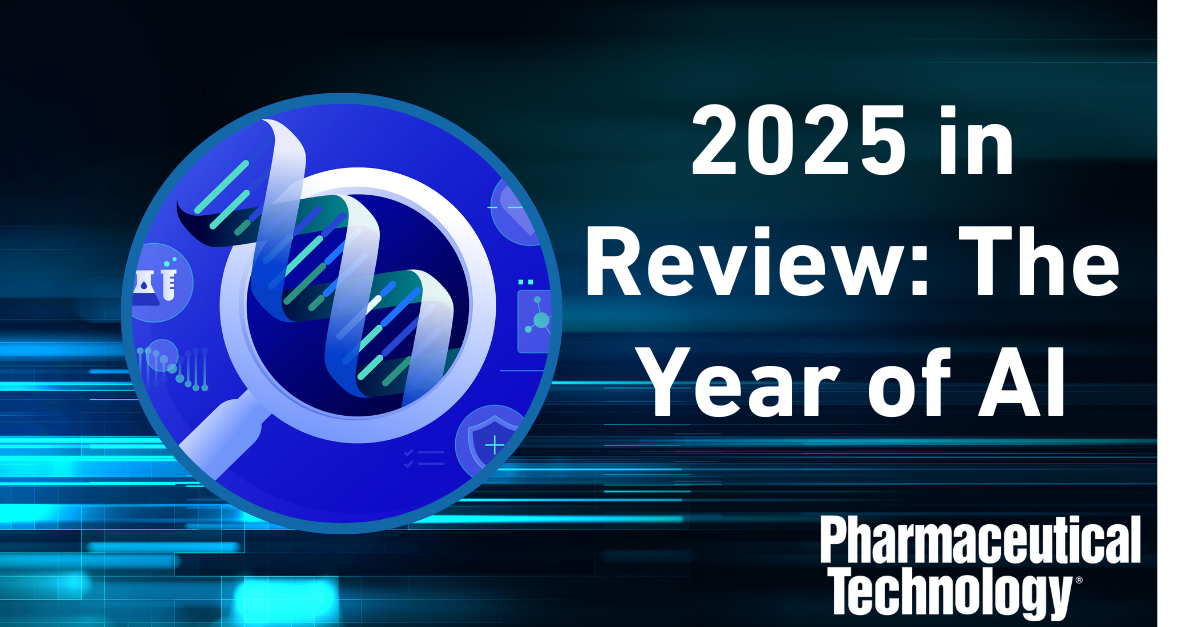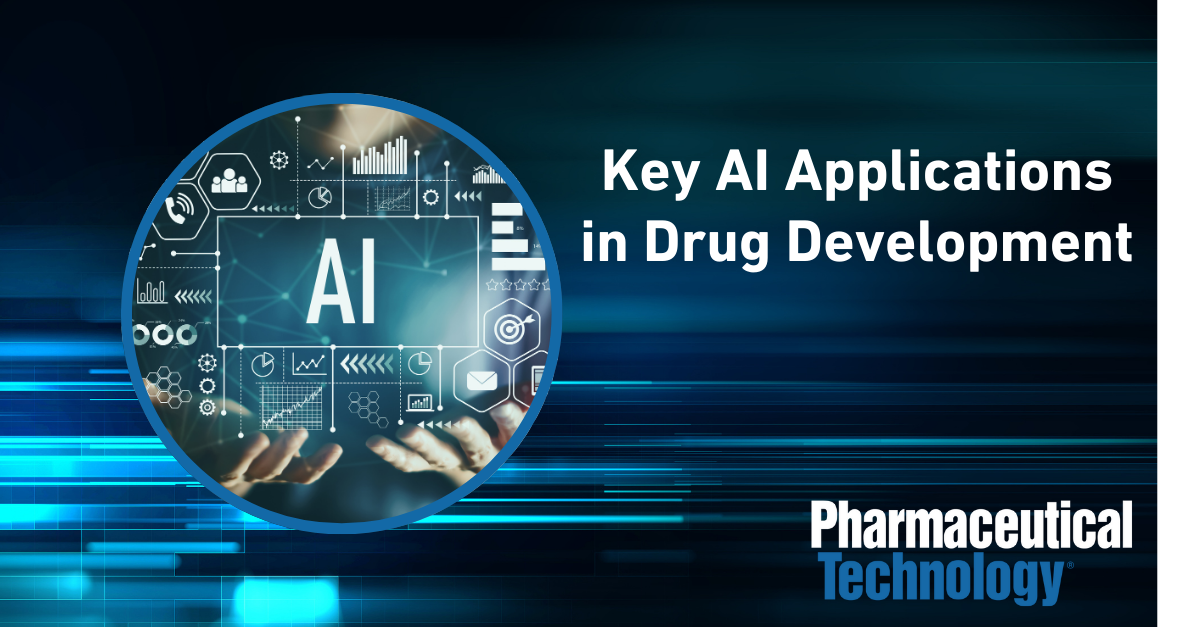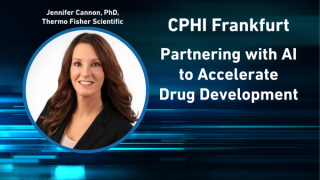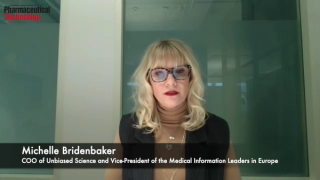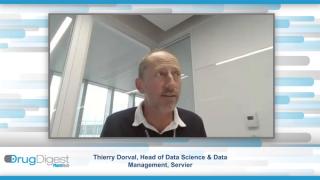
Data and Artificial Intelligence
Latest News
Latest Videos

More News

In a three-part series, the author explores the potential use of agentic AI in pharmaceutical R&D.
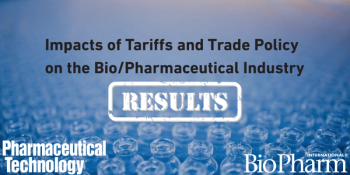
Survey responses indicate that bio/pharma faces tariff-driven rising costs and supply strain, with firms aiming to boost compliance and diversification and seeking stable trade and R&D support.
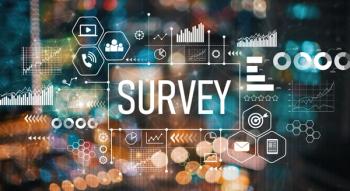
Help us get a better picture of how new tariffs and trade policy have impacted you and your organization.

Lack of skills in the AI realm was a distant second among those surveyed about the biggest barrier to innovation while using the technology.

Industry 4.0 is driving adoption in the pharma industry for smart equipment and tools that will advance manufacturing.

Manufacturers of five autologous or matched allogenic cell therapy products have selected TrakCel's IT platform, OCELLOS, to orchestrate the administration of these therapies, which are approved or expected to be approved in 2024.

Capturing and curating R&D data are crucial to realizing the full value of advanced analytics.

With DKK 600 million (US$87.4 million) in funding from the Novo Nordisk Foundation, the new supercomputer offers the potential to accelerate innovation in drug discovery.

Collecting and curating R&D data are increasingly crucial tasks for achieving the full benefits of advanced analytics.

The new meeting program will create a dialogue around AI and be administered through CDER’s Emerging Drug Safety Technology Program.

Digital transformation is allowing for better handling, analysis, and protection of vast data collection.

Despite its understandable hesitancy, the pharma industry is facing a need for more widespread adoption of cloud-based solutions.

MilliporeSigma’s new platform combines generative AI, machine learning, and computer-aided drug-design aimed at increasing the success rate of new drugs and therapies.

Best practice methods for the tech transfer of CGTs can increase process and analytics robustness while remaining scalable.

Under this multi-year collaboration, Genentech and NVIDIA will use AI to optimize and accelerate each company’s platforms to discover and develop innovative therapeutics.

Advancing digital transformation can significantly reduce R&D costs and shorten drug discovery timelines.

VeriSIM Life and Mayo Clinic are collaborating to develop new promising drug candidates.

Integrating digital technologies into lab environments can ease workflow and enhance data capture for researchers.
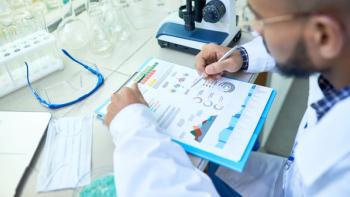
This article is focused on introducing a control chart technique using relative standard deviation (RSD) statistics (i.e., RSD chart); in other words, a coefficient of variation chart for continued process verification.

Biograd Diagnostics has chosen the Matrix Gemini system by Autoscribe Informatics as its laboratory information management system for managing COVID-19 test samples.

The “cloud lab” is a virtual laboratory setting that can enable scientists to more quickly advance research.

Why critical thinking must be applied before technology to ensure regulatory compliance.

The acquisition and analysis of MS data can be made more efficient with the integration of modern software tools.

The automation of analytical workflows generates higher volumes of data that also require advanced technologies to manage.

Getting started with a PAT framework enables automation with digital technologies.
